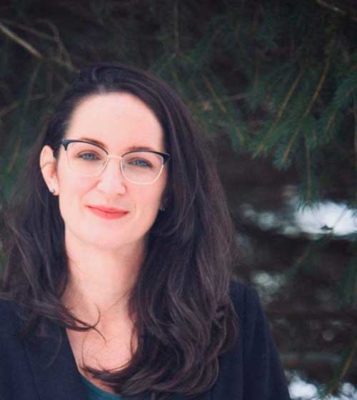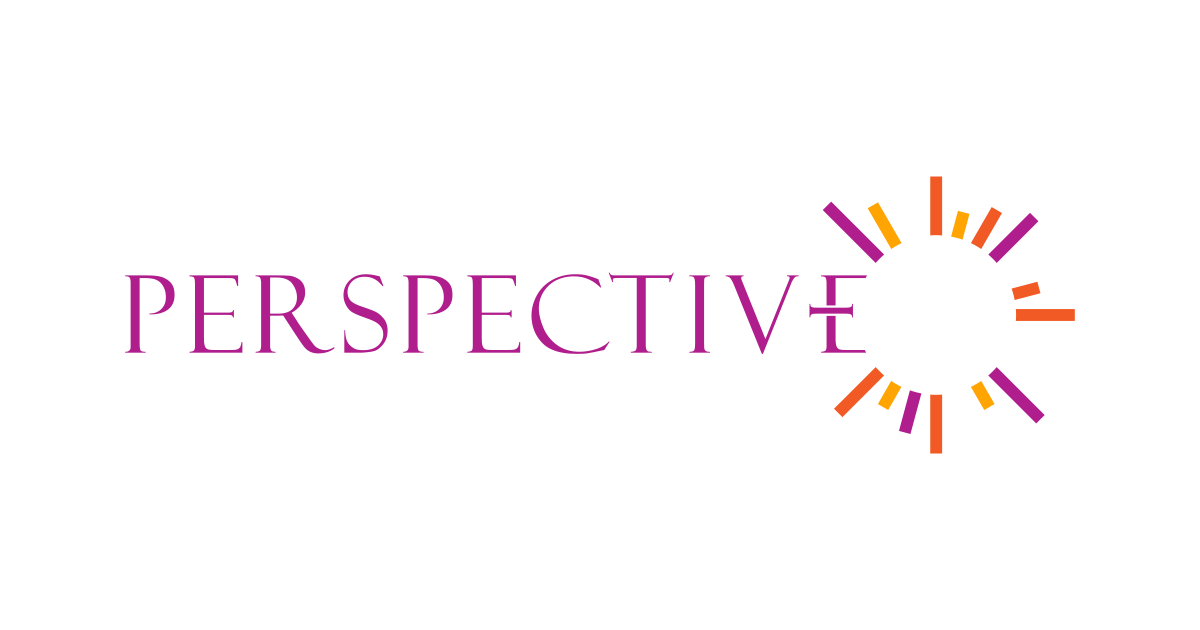
Sarah Davis began work as the new executive director of Cornerstone Housing for Women in January. After growing up in Hamilton, Ont., Davis came to Ottawa first as a student at Carleton University earning a degree in criminology and began her career in the city. Before coming to Cornerstone, she was executive director of the Elizabeth Fry Society in Ottawa. She met with Crosstalk online to discuss her path to Cornerstone and the road ahead.
How are you settling in at Cornerstone?
I feel like I’ve been here for a couple of years but started yesterday all at the same time and all in really great ways. I feel like I’ve been here for a long time already from the welcoming and the natural fit of the position, but I also feel like I just got here yesterday because there is so much coming at me at once being in a brand new position for myself and then you know, the pandemic. That’s had a pretty major impact on this role as well as the entire organization.
What led you to this work?
I’ve been working in not-for-profit and human services for close to 20 years now… I was quite lost as a teenager wasn’t quite sure where I wanted to end up in life…. I find it kind of funny now, but I had this love for a show called Law and Order, and I ended up in college for Community Corrections. I had an opportunity to do a field placement at a correctional facility in Kitchener-Waterloo where I was shadowing the correctional officers in the federal penitentiary for women. Through that experience I learned very quickly that that was not for me, that I was more drawn to the women’s stories, how they came to be there, what pieces of their life led them to be there…. There was always a reason as to why, and that was really where I found my interests going and really wanting to have a deeper understanding as to why women end up in the places that they do….From there, I quickly exited the prison … and worked at my first residential facility for women returning to community post-incarceration and I fell in love. I’ve been working in community ever since specifically with women, not always in a Community Corrections fashion, but always supporting vulnerable women at different points in their lives….
What experiences prepared you for your new role at Cornerstone?
I came to Ottawa the first time to go to Carleton University and that’s also when I worked for the Elizabeth Fry Society of Ottawa for the first time. I was there for about nine years and I made my way through. I started off as the casual staffer, taking every shift that was offered to her, part-time to full-time at a residential program, and then went into outreach. And I was doing outreach to Cornerstone Shelter for Women at the time, came back as a manager within the residential program at the Society’s J.F. Norwood House, and then decided to return back to Hamilton where my family is.
I had opportunities [during the next eight years] to work in a few different areas around supporting women in their vulnerabilities but returned back to Ottawa when I had the opportunity to become the executive director of Elizabeth Fry. I quickly felt at home again in Ottawa. It’s always been my second home, and I feel right in my life at this time being back in this community because it is really where I grew up and matured and found my passion.
What drew you to Cornerstone?
It was an opportunity to do even more work and more impactful work for the women across Ottawa. And even just being here for a few short weeks, I’m seeing women that I’ve known for years in our programs, who I’ve seen in different capacities…. And just the opportunity to work with Cornerstone and have such a massive impact in the lives of women in our community… I couldn’t ask for anything else.
Struggling with difficulties in life is hard enough but when you don’t have a home, it’s near impossible to deal with the rest of that, so again it just spoke to me that if we can provide housing for women and I can have an impact on that, we can do so much more. Once the women are safe, it provides this opportunity to get to the roots of why they were experiencing homelessness and every woman’s story is different. I’ve really been enjoying seeing a few familiar faces, meeting a lot of new women, as well as the team.
How is Cornerstone weathering the second wave of the pandemic?
We have had women in the shelter who have unfortunately contracted COVID, but we are managing each of those. An outbreak is one, and it’s been one at a time. And I have to say, we’ve been very lucky that we haven’t had more than that. We’ve been able to manage and maintain so that it hasn’t spread among our programs.
Has the new and larger emergency shelter facility helped?
The rooms at our old location were just not large enough for the women to be able to space appropriately…so we now have the capacity to serve 125 women where we’re normally serving 61. …The staff are very proud that they are able to do much more for the women right now. There’s this underground population of women who we hadn’t seen before because they had other options, travelling to stay with family or couch surfing with a friend but those aren’t options anymore, so we’re seeing more and more women show up on our doorstep.
How has the pandemic changed Cornerstone?
The environment’s a lot different than what it has historically been….I fondly remember the days when I was doing outreach to Cornerstone, and the hustle and bustle and the laughter, the great energy from the space. Now when you walk into each of our programs, it’s quiet, and you don’t have that comradery; you don’t have women sharing meals together; you don’t have volunteers here doing bingo, so there’s a lot of adaptation trying to create more opportunity for social inclusion…. We’re looking at opportunities to leverage virtual platforms, opportunities for the women to access and learn those different resources and adapting as we go — doing things like hallway bingo, having women sit in their doorways and participate in activities that way.…We have a roster of 160 volunteers waiting patiently to get back in the building to help with women and spend time with them.
What’s your vision for Cornerstone’s future?
Our shelter has been our cornerstone program since the beginning and will continue to be but creating more opportunities for women to have permanent homes is a big piece of the work that we have to do. I think we have the capacity to provide more support and more services specifically for women. We’re really great at housing, and all the other pieces that our women need are in the community, so I see [another] big piece of the work we do as forging and formalizing those relationships that we have in the community. It’s amazing that we have Minwashin Lodge coming in to Princeton on a regular basis, but there’s so much more we could be doing with that relationship and within our programs.


Saint Mary’s Church, Westmeath — Deanery of the Northwest